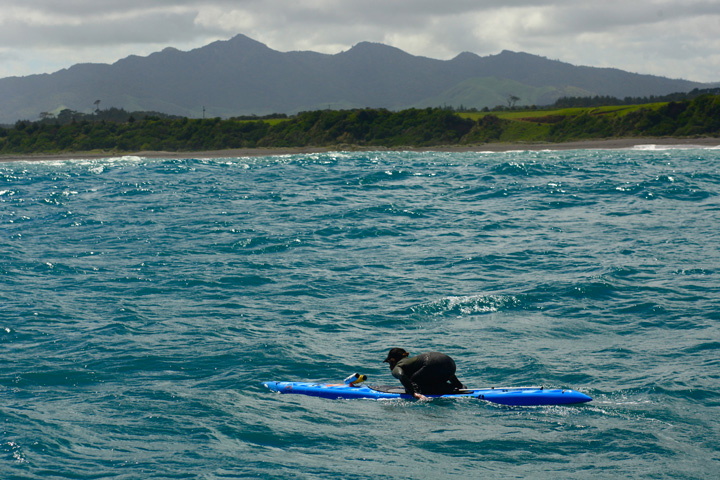What is The Economics of Happiness Conference and how did you become involved?
DR: The Economics of Happiness Conference is an event that, I think, provides a grass roots opportunity for people to meet with global leaders active in the realms of alternative economies, human rights issues, ecological prosperity, educational reform and environmental connection. Those are all big topics that a lot of us might speak about and wish for positive changes in some way, yet commonly I feel that we aren’t aware of the solutions and options that are already in use in some parts of the world, and are having amazing results!
This conference is providing us with the opportunity to learn about a way forward. We can hear directly from the people who are at the front edge of positive change and we can ask them questions, and share time together. To live in a small town like Byron that can host such big personalities is something unique. Usually these speakers and types of events are reserved for city centres and places that most of us who live here would rather avoid visiting. So I see this as an opportunity like no other.
What does localisation mean to you?
DR: Well being a surfer, localisation is more commonly thought of as a group of people who protect their local surf spot from outside visitors becoming too numerous. Normally it is a thug mentality that is scared of losing something they feel they own. I would like to think our culture is growing out of that attitude. In this instance with regard to the conference, localisation is the idea of creating sustainable, healthy and connected communities that support themselves. The most relatable example for people of this area is our farmers markets. At the markets our community gets to meet each other and build stronger relationships. We exchange money and local wares. We support local farmers. And we all enjoy the experience of feeling connected. That is a great example of localisation working.
What does surfing have to do with economics —- and with a conference on the Economics of Happiness?
DR: I have been invited to speak at the conference to share my point of view regarding our connection to nature. Surfing is a great Australian pursuit and is something that brings a lot of happiness to those of us who ride waves. Our lives are enriched by surfing and we feel a strong connection to our local ecosystem. That sense of connection leads to understanding. Surfers know the seasons intimately, they know which species are in the area at any given time, when the next high tide is climbing up the beach, which way the wind is blowing, what phase the moon is in and many other subtle occurrences that all lead to, I believe, a sense of being custodians of the coast. This is what I would like to share when speaking at the conference.
Why should someone attend the Economics of Happiness conference?
DR: Well I think it is absolutely crazy to be able to go down to a secluded beach and swim or surf in the early morning, and then be able to go and be an audience for some of the worlds great thinkers, activists and visionaries all in the same day and same little coastal town. To have the chance to share company with people who have legitimate solutions to many of the social/ecological and economical issues of this era is rare. We are all increasingly becoming aware of the imbalances in our world, and now is the time to start acting on that awareness through such pursuits as localisation.
Where can we find out more?
www.theeconomicsofhappiness.org
Interview by Lauren L. Hill
Images by Hilton Dawe
Interview by Lauren L. Hill
Images by Hilton Dawe











